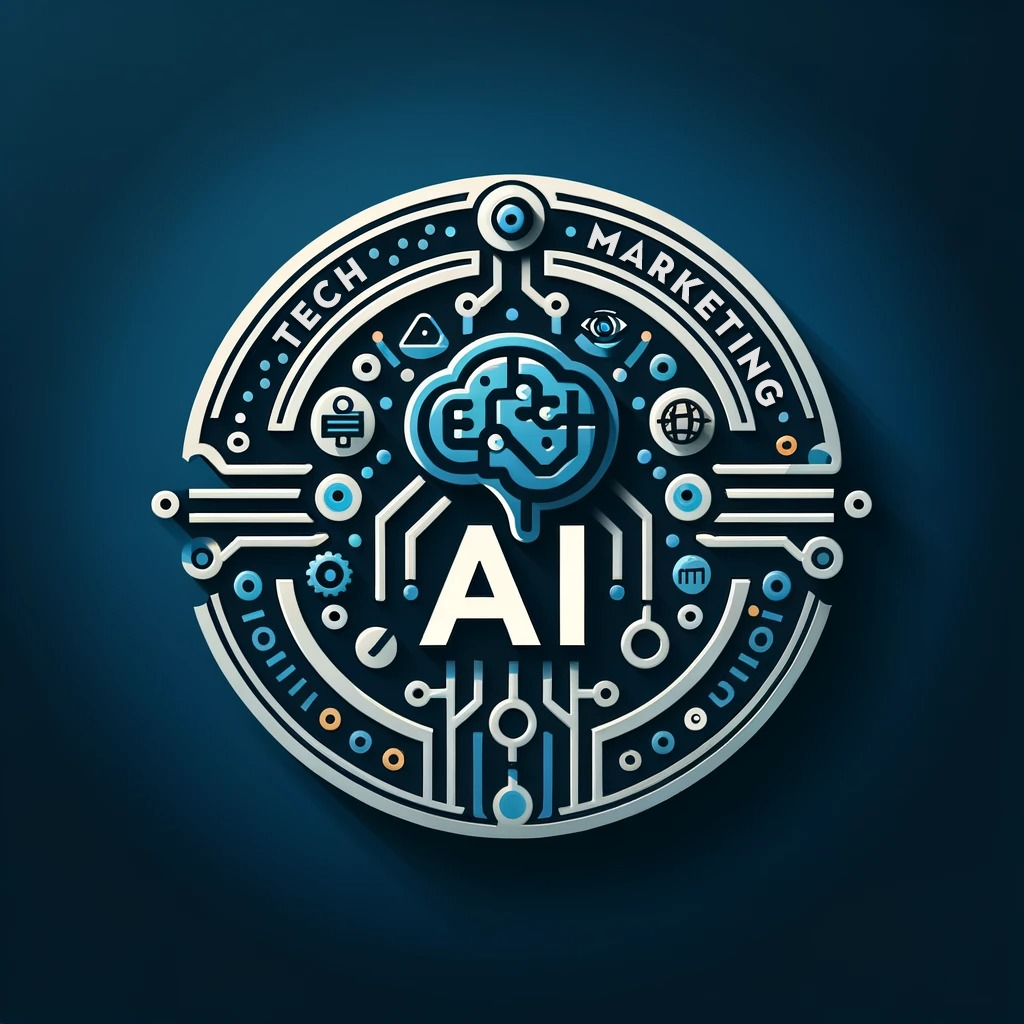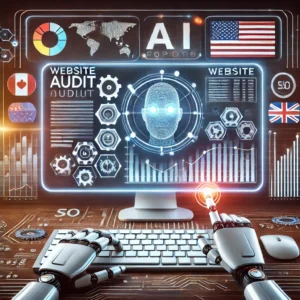Artificial Intelligence (AI) is rapidly transforming business decision-making, offering innovative solutions that enable companies to stay ahead in competitive markets. Businesses in the USA, UK, Canada, and Australia are increasingly leveraging AI tools to enhance decision-making, optimize operations, and deliver exceptional customer experiences. This blog explores how AI is revolutionizing business decision-making, the top AI tools available, the latest trends, and effective strategies for implementation. By understanding these aspects, businesses can harness the power of AI to drive growth and achieve strategic goals.
What is AI for Business Decision-Making?
AI for business decision-making involves using AI technologies to analyze data, predict outcomes, and provide actionable insights. With AI, businesses can make faster, more informed decisions that are critical for maintaining a competitive edge. Here’s how AI enhances business decision-making:
- Data Analysis and Insights: AI analyzes vast datasets to uncover hidden patterns, trends, and correlations. This helps businesses in the USA, UK, Canada, and Australia to make data-driven decisions based on accurate, real-time information.
- Predictive Analytics: AI-powered predictive analytics tools help businesses forecast future trends and outcomes. For example, companies in the finance sector use AI to predict market fluctuations, optimize investments, and mitigate risks.
- Automation of Routine Tasks: AI automates routine decision-making processes, such as handling customer inquiries, managing inventory, or streamlining supply chains. This improves efficiency and reduces operational costs.
- Personalized Customer Experiences: AI-driven solutions, such as chatbots and recommendation engines, enable businesses to offer personalized experiences, improving customer satisfaction and loyalty.
- Strategic Insights for Executives: AI tools provide executives with strategic insights by analyzing market trends, customer behavior, and competitive landscapes. This helps in making informed decisions that align with business objectives.
Top AI Tools for Better Business Decision-Making
Businesses can choose from various AI tools to enhance decision-making processes. Here are some of the most popular tools used across the USA, UK, Canada, and Australia:
- Tableau and Power BI: These data visualization tools use AI to analyze and present complex datasets, enabling businesses to identify trends and make quick decisions.
- IBM Watson: A versatile AI platform that helps companies in sectors like healthcare, finance, and retail by providing AI-driven insights and automation.
- H2O.ai: A leading AI platform used for creating machine learning models. Companies like Capital One and AT&T use H2O.ai for predictive analytics and decision-making.
- Google Cloud AI and Azure AI: Cloud-based AI platforms offering a range of tools, from natural language processing to predictive modeling, to help businesses in data-driven decision-making.
- Salesforce Einstein: An AI-powered CRM tool that helps businesses analyze customer data, predict sales trends, and automate marketing campaigns for better decision-making.
Key Trends in AI for Business Decision-Making
To stay competitive, businesses must be aware of the latest trends in AI for decision-making:
- Integration of AI with Big Data: As data volumes grow, AI tools are increasingly integrated with big data platforms to analyze and extract actionable insights from large datasets.
- AI Adoption by SMEs: Small and medium-sized enterprises (SMEs) in the USA, UK, Canada, and Australia are adopting affordable AI tools to enhance decision-making and improve efficiency.
- AI for Sustainability: Businesses are using AI to make sustainable decisions, such as optimizing supply chains to reduce carbon footprints or using AI to improve energy efficiency.
- Explainable AI: Explainable AI is gaining traction, especially in regulated industries like finance and healthcare, where understanding the rationale behind AI decisions is crucial.
- AI-Driven Personalization: Companies are leveraging AI to provide personalized customer experiences, such as customized product recommendations and targeted marketing.
How to Implement AI for Business Decision-Making
Implementing AI for better business decision-making requires a strategic approach. Here’s a step-by-step guide:
- Identify High-Impact Areas for AI Implementation: Begin by identifying the business areas where AI can provide the most value. For example, AI can optimize inventory management in retail, automate customer service in telecom, or enhance risk management in finance.
- Invest in the Right AI Tools and Technologies: Choose AI tools that align with your business goals. Consider factors like scalability, ease of use, integration capabilities, and cost. For example, a UK-based retailer might benefit from AI-powered demand forecasting tools, while a Canadian healthcare provider may use AI for predictive diagnostics.
- Foster a Data-Driven Culture: AI thrives on high-quality data. Foster a data-driven culture by encouraging employees to use AI tools for decision-making and providing training on data analysis and AI technologies.
- Ensure Data Quality and Security: High-quality data is essential for effective AI decision-making. Implement robust data governance practices to maintain data integrity and protect sensitive information.
- Collaborate with AI Experts: Work with AI consultants or partners who can guide your AI strategy and ensure successful implementation.
- Monitor AI Performance: Regularly evaluate AI performance using metrics like ROI, customer satisfaction, and operational efficiency to ensure your AI initiatives meet business objectives.
- Stay Updated on AI Trends and Developments: Keep abreast of the latest trends and advancements in AI by attending industry conferences, participating in webinars, and networking with professionals.
Real-World Examples of AI in Business Decision-Making
- USA: Major healthcare providers like Mayo Clinic use AI to analyze patient data and improve diagnostic accuracy. In the finance sector, firms use AI for fraud detection and risk assessment.
- UK: Retailers such as Tesco use AI to optimize supply chains, reduce waste, and enhance customer service through AI-powered virtual assistants.
- Canada: Companies like Air Canada leverage AI to provide personalized travel recommendations and improve customer satisfaction.
- Australia: Mining companies use AI-driven tools to monitor operations and identify potential hazards, improving safety and efficiency.
Why AI is Critical for Business Success
Implementing AI for decision-making is not just about adopting new technology; it’s about transforming the way businesses operate. By leveraging AI tools, businesses in the USA, UK, Canada, and Australia can:
- Make Faster, More Informed Decisions: AI enables quicker decision-making by providing real-time data analysis and insights.
- Improve Operational Efficiency: AI tools can automate routine tasks, freeing up human resources for more strategic activities.
- Enhance Customer Experience: AI-driven personalization can lead to increased customer satisfaction and loyalty.
- Gain Competitive Advantage: Businesses that successfully implement AI can outperform competitors by making smarter, data-driven decisions.




